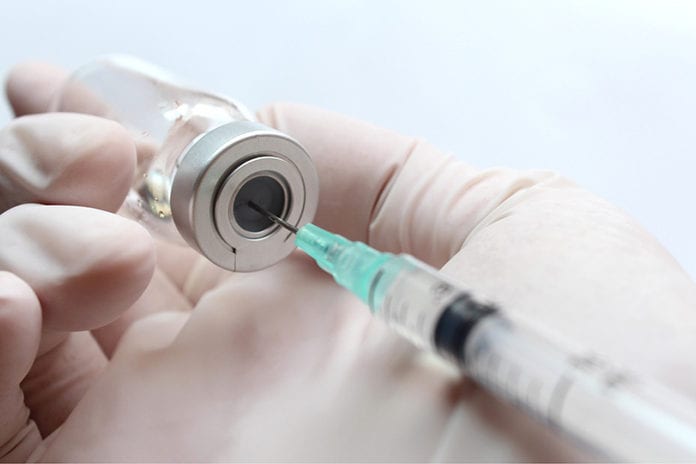Looking for a new strategy to soothe the needle-wary? You’ve come to the right place! Below, a treasure trove of tried-and-true tactics from your fellow nurses, courtesy of our Facebook page, for quick and (mostly) painless injections:
> 1
“After explaining what I’m going to do, I usually engage them in some kind of conversation. They are usually surprised when it’s all over with. Distraction is a good friend for a nurse!”
—Chelle
> 2
“I tell patients to lie on their stomach and point their toes inward. This makes it difficult to tighten the glute muscles. I count to three and and then stick. The patient is so busy concentrating on pointing their toes that they never feel the stick!”
—Roslyn
> 3
“With little patients, I make as little fuss about it as possible. No big deal, no lengthy explanation, just a basket of stickers to look through. Or I ask them an open-ended question (about a pet, plans for trick-or-treat costumes, etc.). For older kids/teens, it’s the same spiel verbatim each time: ‘What makes a shot hurt is if your muscles are all tensed up, so if you gently push your shoulder down to the ground, you CAN’T tense up your muscle.’ Then I say, ‘Take a big, deep breath and blow like you’re putting out a candle,’ and I inject it on their exhale. Works (almost) every time.”
—Aja
> 4
“I use humor and I get it done very quickly so they don’t even know what happened. The longer you wait around making small talk, the more anticipation builds. Get in, get out and don’t lie. It will hurt, but only for a second.”
—Mis Lee
>5
“I ask them to look right and cough.”
—Diane
> 6
“I have my kiddos repeat something I tell them as I’m giving the shot. Lately, I’ve gotten them to say, ‘My nurse smells like rainbows.’ A few have asked me afterward, ‘Wait, what’s a rainbow smell like?’ My answer is, ‘No clue, but your shot is all done!'”
—Carrie
> 7
“I just chat as I’m getting ready and start counting to three. I inject on two…when I stand back up, most are surprised it’s done.”
—Erika
> 8
“For kiddos: ‘Take a deep breath like you’re going to the bottom of the ocean.’ And then (while giving shot), ‘Now—blow blow blow…done.’ Or, ‘We are all going to count to five out loud.’ Make sure you finish before five…that way, it didn’t last as long as they thought it would.”
—Rebecca
> 9
“I’ve worked psych for four years and I always have someone go with me (you usually need it). I ask the patient to look at the other staff and we start singing a song they like. If the patient is in a good mood and it’s appropriate, I’ve also said, ‘You pick it, I stick it!’ That usually [brings] the tension down a bit.”
—Jeni
> 10
“I position my wrist so that it is near where I am going to give the shot. Then, I just bend my wrist to give the shot—that way, I don’t hit so hard. I also give the shot in the middle of a sentence.”



I have had success asking patients to wiggle their toes (a hint I received from a Chiropractor).